10 behaviors that can lead to loneliness and isolation in women as they age
What if the most dangerous thing we ignore isn’t in our bloodwork, but in our quiet moments of isolation?
Did you know that chronic loneliness can be as dangerous as smoking 15 cigarettes a day? A study published in Issues in Mental Health Nursing suggests that older women experience higher levels of loneliness than men for the most part.
Loneliness is something we need to check for, just like we check for high blood pressure when a patient comes into the clinic. It’s a serious problem, but before we work on solving it, let’s first examine the behaviors that contribute to it.
Withdrawing from Social Activities
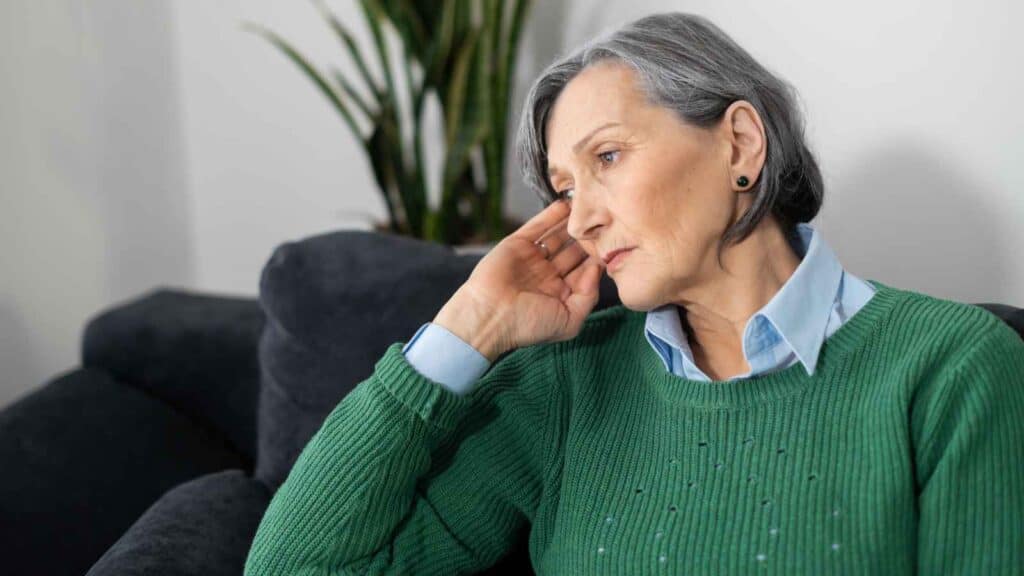
You know that book club or weekly yoga class you loved? Letting go of those regular social gatherings can quietly lead to isolation. Decreased social interactions is the singular best indicator of loneliness for older adults. Researchers agree that social connections can help people live longer and healthier lives.
BMC Public Health confirms that social isolation and loneliness are linked to increased risks of unhealthy aging in women, including functional disability, depression, and reduced quality of life, so keeping those commitments on your calendar is more important than you might think
Avoiding New Relationships

Life can also throw you big curveballs, such as retirement or losing a partner, and it’s easy to close in on yourself afterward. But staying away from strangers in these times can double your chances of loneliness. Getting out there and meeting new people, even just neighbors or fellow hobbyists, can make a world of difference.
Neglecting Technology Skills
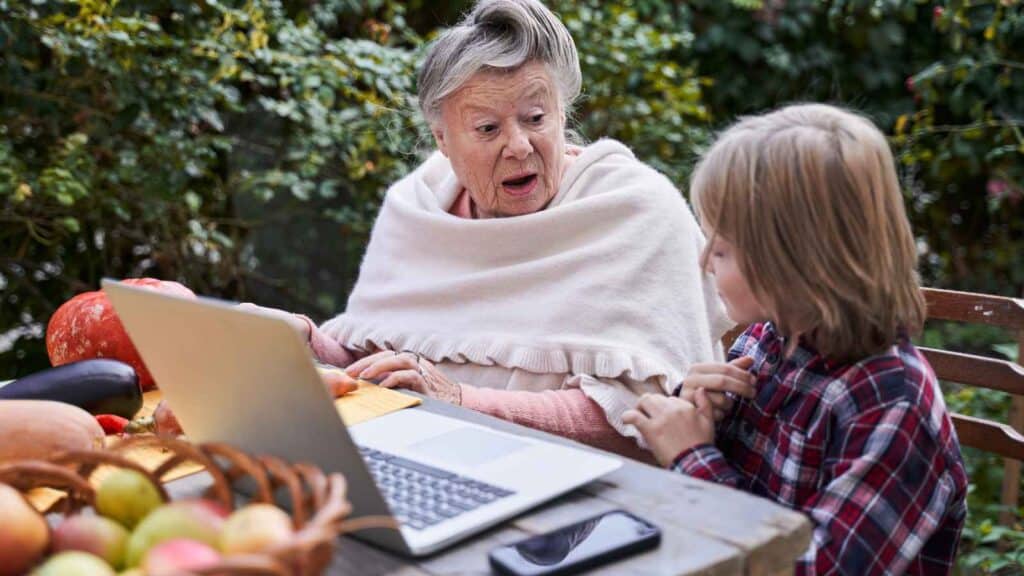
Relying on your grandchildren to guide you through making a video call might mean you’re missing out on meaningful and enjoyable connections. The Global Solutions Initiative confirms that the gender digital divide leads to social isolation for women, especially in developing nations. Think about it: social media, messaging apps, and video chats are modern-day town squares.
Technology provides a connection for those with limited physical mobility. Learning how to use these tools isn’t just about staying current; it’s about staying connected with loved ones near and far.
Not asking for help with mental health
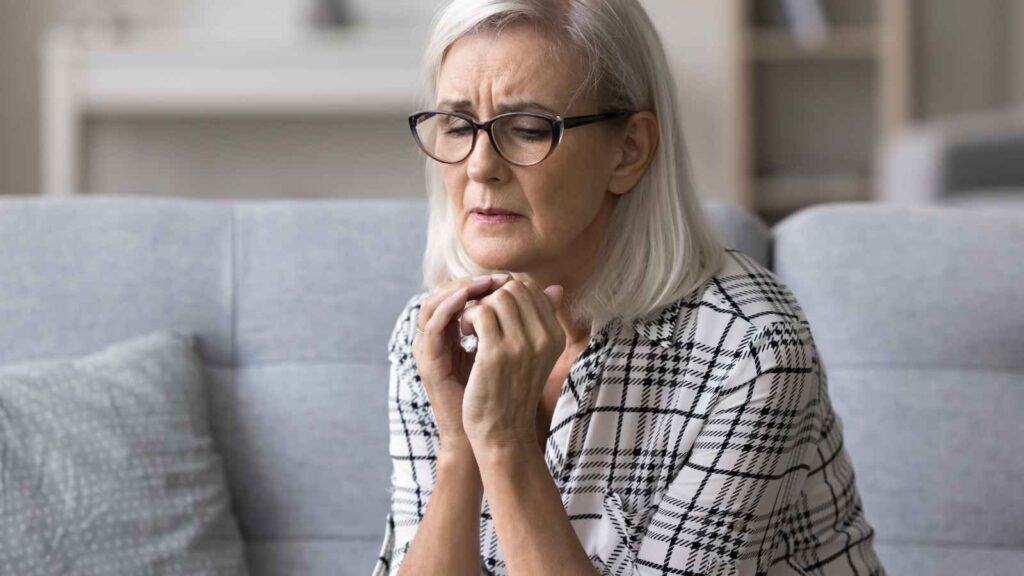
Brushing aside anxiety or depression can set off a vicious cycle that makes loneliness even more painful.
GOV.UK reports that untreated mental health issues can increase loneliness, primarily by causing social withdrawal, low self-esteem, and mental exhaustion. Loneliness not only correlates with health problems but causes them. Acknowledging these feelings and seeking support is a sign of strength, not a sign of weakness.
Avoiding Physical Activity
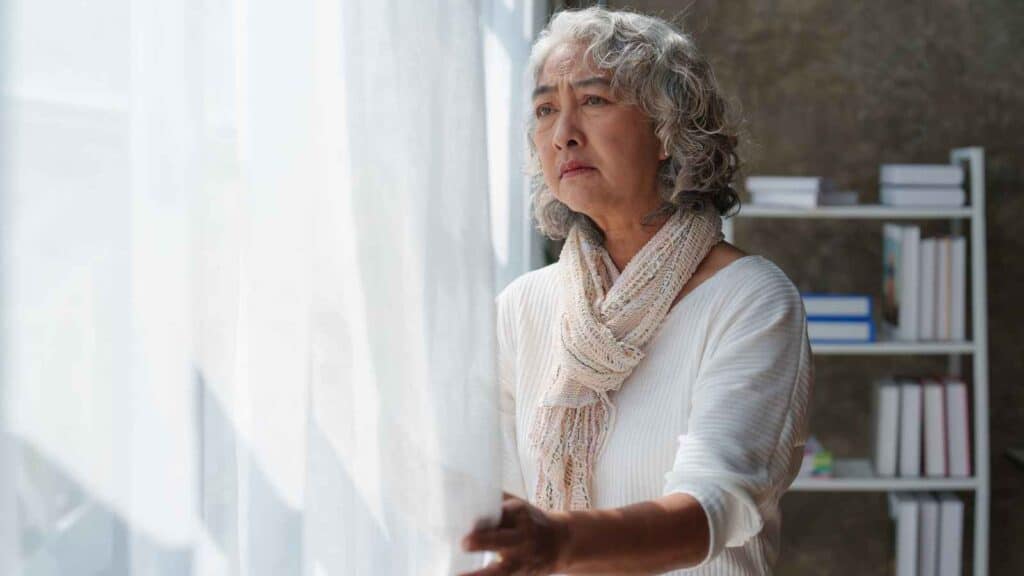
The last thing you want to become right now is a couch potato. Being physically inactive doesn’t just affect your physical health; it also isolates you.
You don’t have to run a marathon; an easy daily walk can lift up your mood and offer opportunities for casual social interactions.
Excessive Reliance on TV

Are you spending too much time in front of the TV or on digital platforms? Research indicates that dedicating more than four hours a day to these activities is closely linked to increased feelings of loneliness and a decline in social engagement.
It is a passive activity that cannot satisfy the give-and-take of a genuine conversation.
Neglecting Community Engagement

A PubMed study found that individuals engaged in community activities were substantially less likely to experience higher levels of loneliness.
Finding a local group that matches your interests can open up a whole new social world.
Refusing to Accept Help
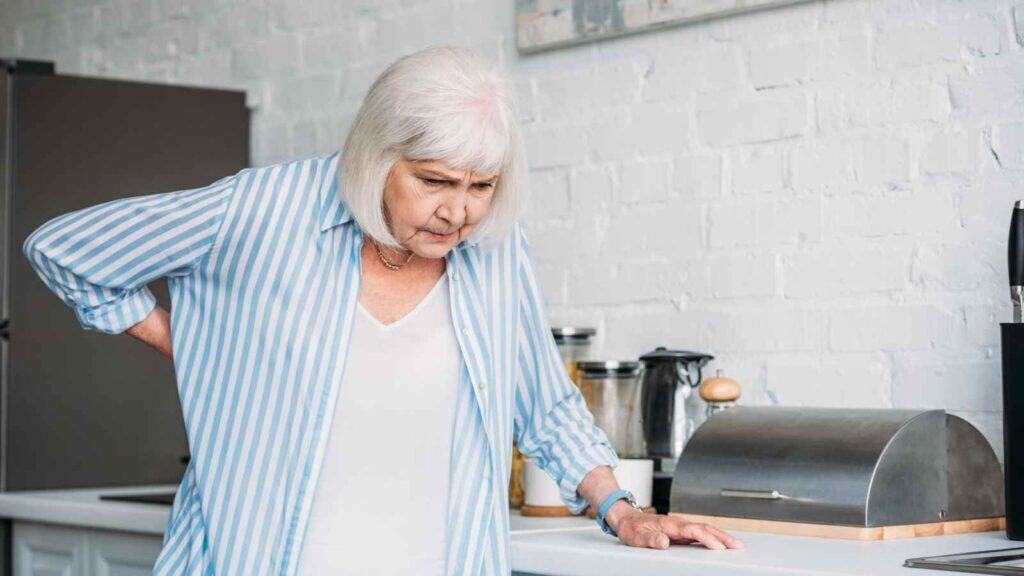
Many women are accustomed to being the helper, not the one being helped. However, if you reject needed help due to pride, shame, or fear that you’re a burden, it can make you feel isolated.
Internalizing Negative Age Stereotypes
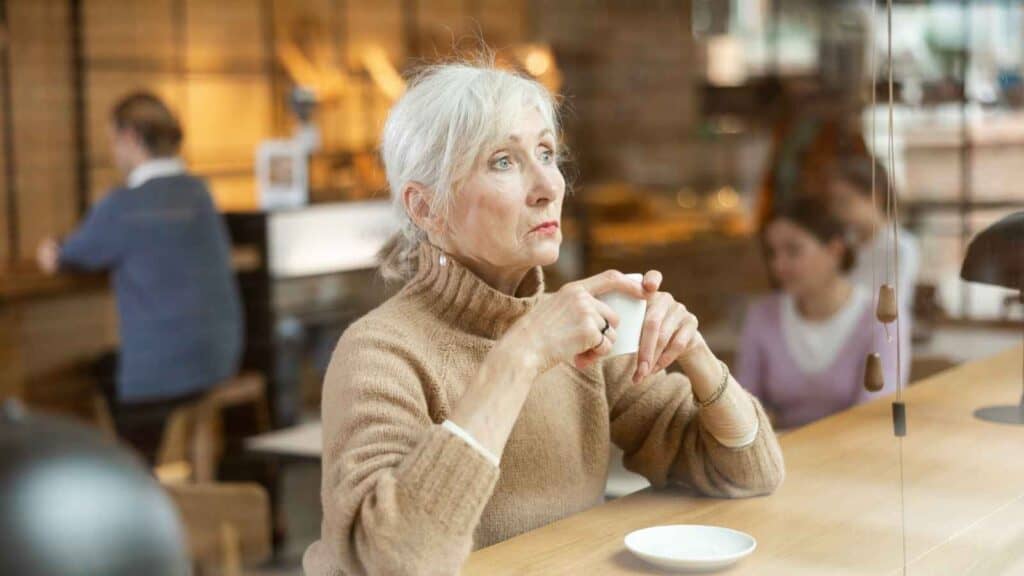
If you believe that getting older equals fading away or worse, becoming irrelevant, then you might give up trying to form new relationships or explore new interests.
Those who believe these negative stereotypes are more likely to be at risk of isolation. Betty Friedan wrote, “Aging is not lost youth but a new stage of opportunity and strength.”
Why investing for retirement is so important for women (and how to do it)

Why investing for retirement is so important for women (and how to do it)
Retirement planning can be challenging, especially for women who face unique obstacles such as the wage gap, caregiving responsibilities, and a longer life expectancy. It’s essential for women to educate themselves on financial literacy and overcome the investing gap to achieve a comfortable and secure retirement. So, let’s talk about why investing for retirement is important for women and how to start on this journey towards financial freedom.







